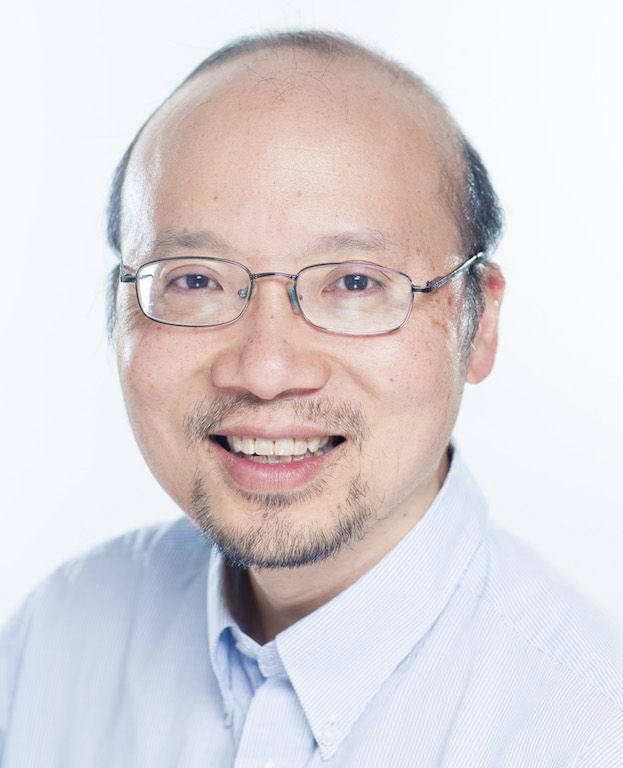
My Expertise
Molecular communications.
Keywords
Fields of Research (FoR)
Molecular, biological, and multi-scale communications, Networking and communications, Pervasive computing, Network engineeringBiography
Associate Professor Chun Tung Chou is from the School of Computer Science and Engineering.
My broad research interests are in networks, signals and systems. In particular, my current research focuses on molecular communications and computing, and pervasive computing. Scroll down below for more details.
I received my BA in Engineering Science from the University of Oxford and his PhD in Systems and Control Engineering from the University of...view more
Associate Professor Chun Tung Chou is from the School of Computer Science and Engineering.
My broad research interests are in networks, signals and systems. In particular, my current research focuses on molecular communications and computing, and pervasive computing. Scroll down below for more details.
I received my BA in Engineering Science from the University of Oxford and his PhD in Systems and Control Engineering from the University of Cambridge. He is on the editorial board of IEEE Transactions on Molecular, Biological, and Multi-Scale Communications; IEEE Wireless Communications Letters and Nano Communication Networks.
My Research Activities
My research is inspired by the following facts about living cells: They can do information processing (e.g. distinguishing a persistent signal from transient ones); they can communicate with each other; and, they can do computation by using molecules and chemical reactions. I will refer to the computational elements in cells as molecular circuits, which is a name analogous to electronic circuits. The molecular circuits in cells are built from biomolecules and use chemical reactions to process the signals. There are two big open research problems, one in science and one in engineering. In science, we do not yet understand how cells use molecular circuits to process information. In engineering, we do not have systematic methods to design molecular circuits for information processing tasks. My research aims to address these two open problems. In particular, our work aims to build a connection between Bayesian information processing and computation by using molecular circuits. This work is inter-disciplinary and involves signal processing, communications engineering, molecular computation and systems biology. Some recent achievements are:
- We discover a molecular circuit that can be used to decode concentration modulation signals. Interestingly, this circuit can be interpreted as a matched filter. Moreover, some natural biochemical circuits may be using this method.
- The results are in: Chun Tung Chou. Designing Molecular Circuits for Approximate Maximum a Posteriori Demodulation of Concentration Modulated Signals. IEEE Transactions on Communications, 67(8):5458–5473, July 2019. See also: https://arxiv.org/abs/1808.01543
- We discover that a molecular circuit that exists in nature (more specificially, the coherent type-1 feedforward loop) can approximately compute log-likelihood ratio to distinguish between a persistent signal from transient ones.
- The results are in:
-
Detection of persistent signals and its relation to coherent feed-forward loops. Royal Society Open Science, 5(11), November 2018. [Open access]
-
Coherent feedforward loops can be used to approximately compute log-likelihood ratio for detecting persistent signals. https://arxiv.org/abs/1907.09841
-
- The results are in:
My Research Supervision
Areas of supervision
I am interested to supervise theses on connecting signal processing and communications engineering to bimolecular computation. This work is inter-disciplinary. It suits mathematically inclined who are interested in telecommunications and/or signal processing. The students should also be willing to learn some molecular biology and physical chemistry.
My Engagement
I am/was on the editorial board of:
- IEEE Transactions on Molecular, Biological and Multiscale Communications (2017 - now)
- Nano Communication Networks (2016 - now)
- IEEE WIreless Communications Letters (2017-2020)
- Frontiers in Communications and Networks (Sections on Non-conventional Communications and Networks) (2020-now)